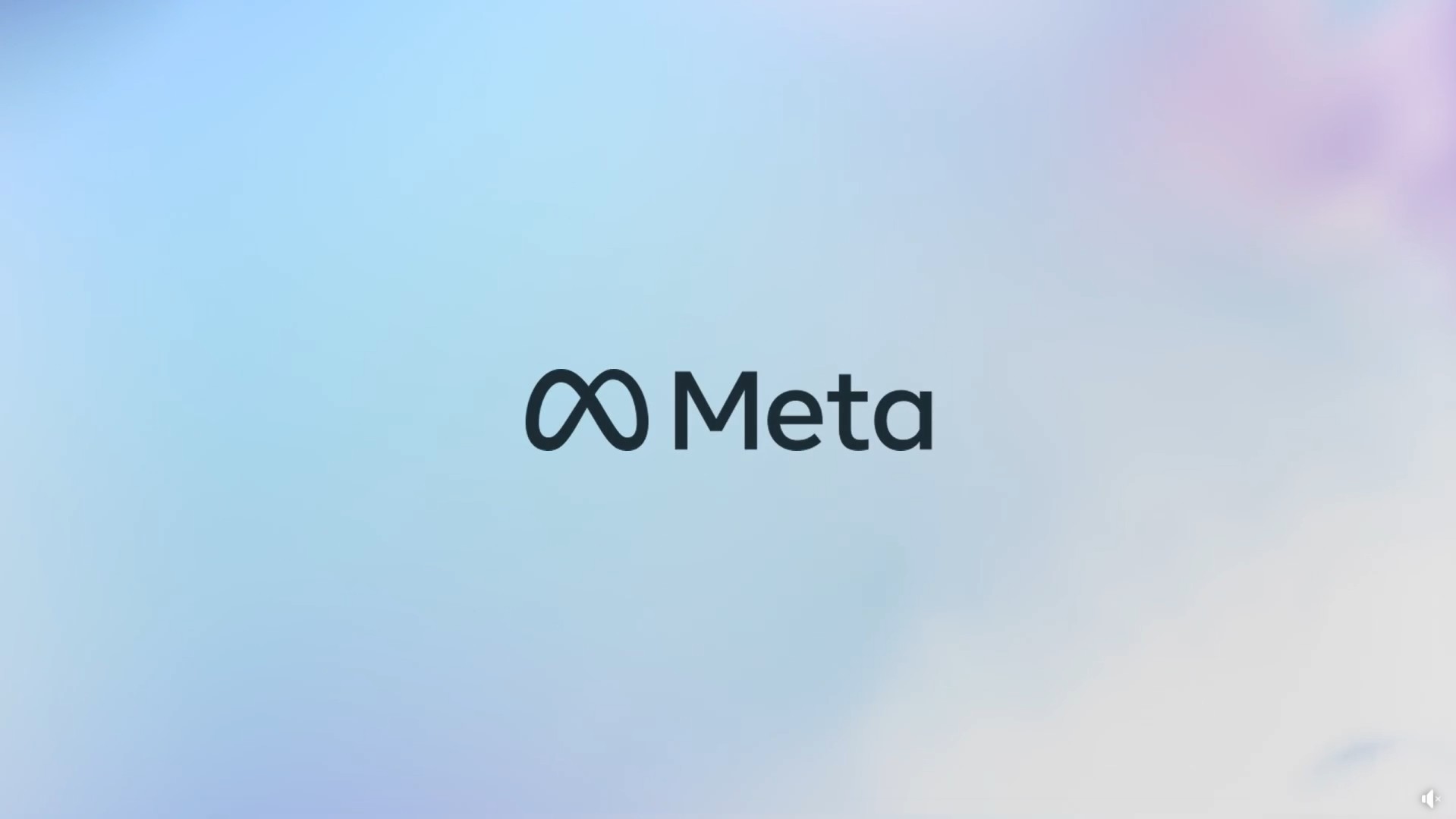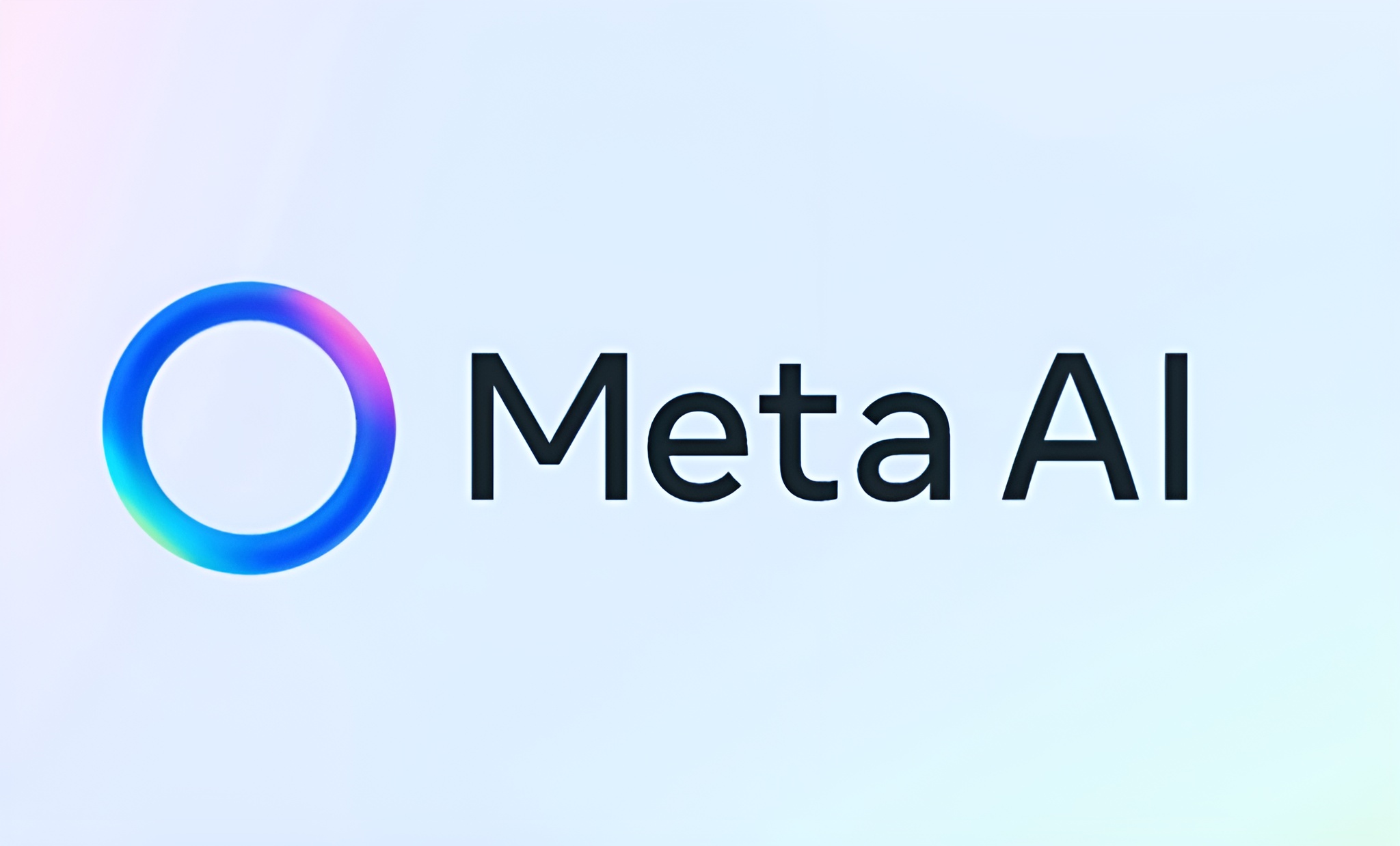Meta is expanding its robotics ambitions by appointing Li-Chen Miller, previously head of its smart glasses portfolio, as the first product manager for Reality Labs’ robotics division. Her transfer marks a significant shift in Meta’s hardware priorities following the launch of its latest augmented reality devices.
The company is reportedly developing a humanoid assistant known internally as Metabot within the same organisation that oversees its AR and VR platforms. Former Cruise executive Marc Whitten leads the robotics group, supported by veteran engineer Ning Li and renowned MIT roboticist Sangbae Kim.
Miller’s move emphasises Meta’s aim to merge its AI expertise with physical robotics. The new team collaborates with the firm’s Superintelligence Lab, which is building a ‘world model’ capable of powering dextrous motion and real-time reasoning.
Analysts see the strategy as Meta’s attempt to future-proof its ecosystem and diversify Reality Labs, which continues to post heavy losses. The company’s growing investment in humanoid design could bring home-use robots closer to reality, blending social AI with the firm’s long-term vision for the metaverse.
Would you like to learn more about AI, tech and digital diplomacy? If so, ask our Diplo chatbot!









